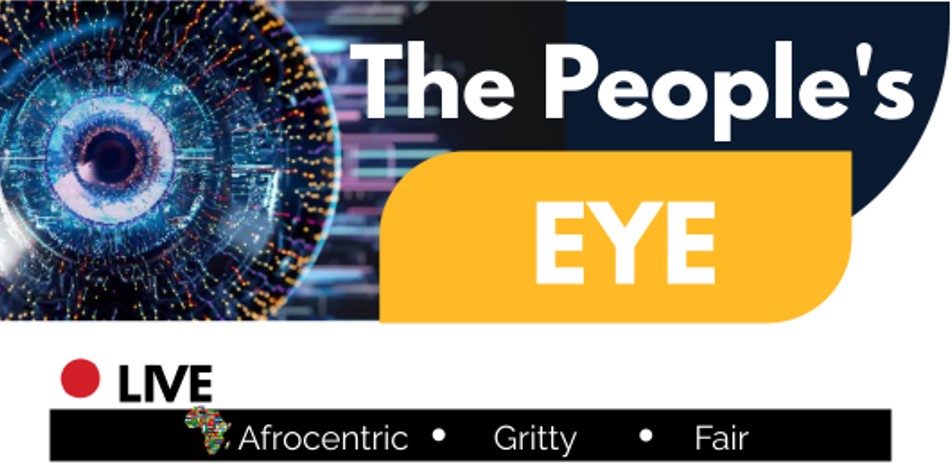-
 Hawks pounce on Mpumalanga government officials in another repairs and maintenance scandal
Hawks pounce on Mpumalanga government officials in another repairs and maintenance scandal
-
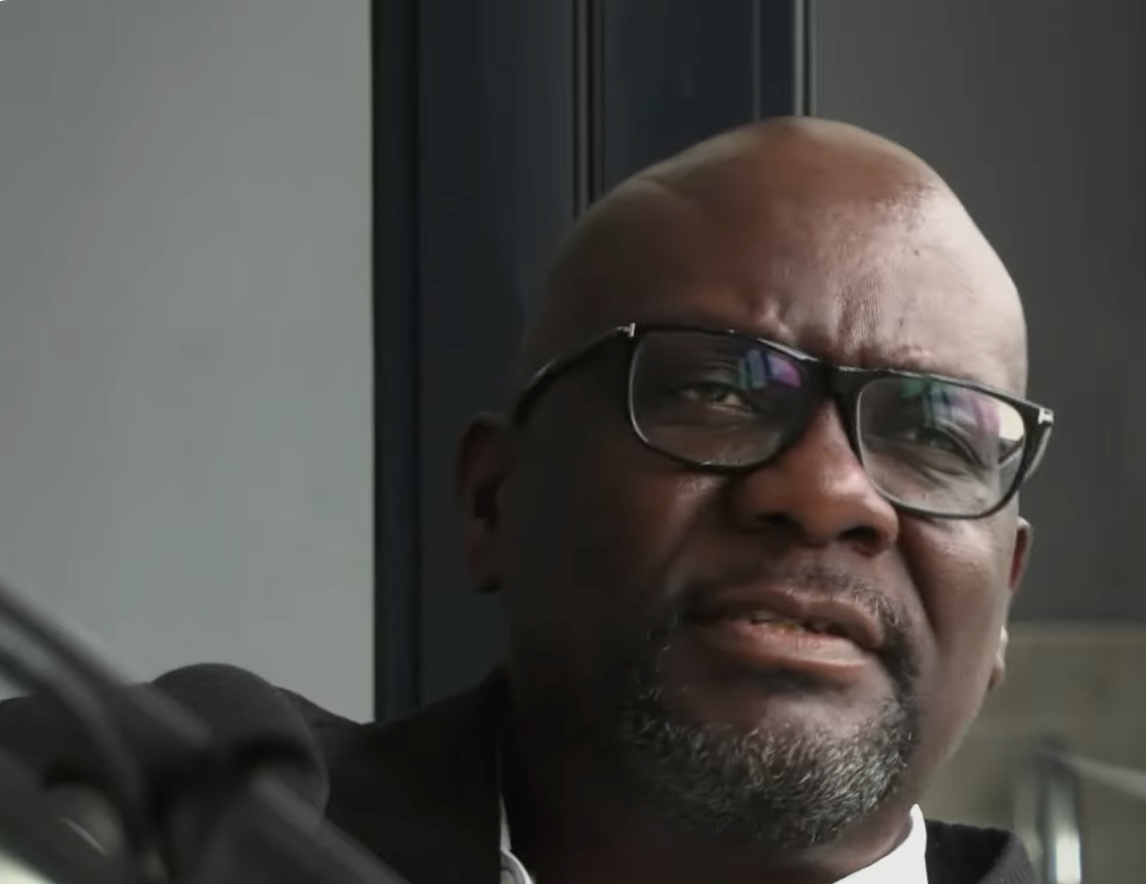 Mulaudzi files R5bn claim against the state
Mulaudzi files R5bn claim against the state
-
 Evaluation Board reinstates disputed value on Rupert’s Mpumalanga property
Evaluation Board reinstates disputed value on Rupert’s Mpumalanga property
-
 Arqomanzi accused of delaying Lily Mine sale because it’s eyeing R141m profit from loan claim
Arqomanzi accused of delaying Lily Mine sale because it’s eyeing R141m profit from loan claim
-
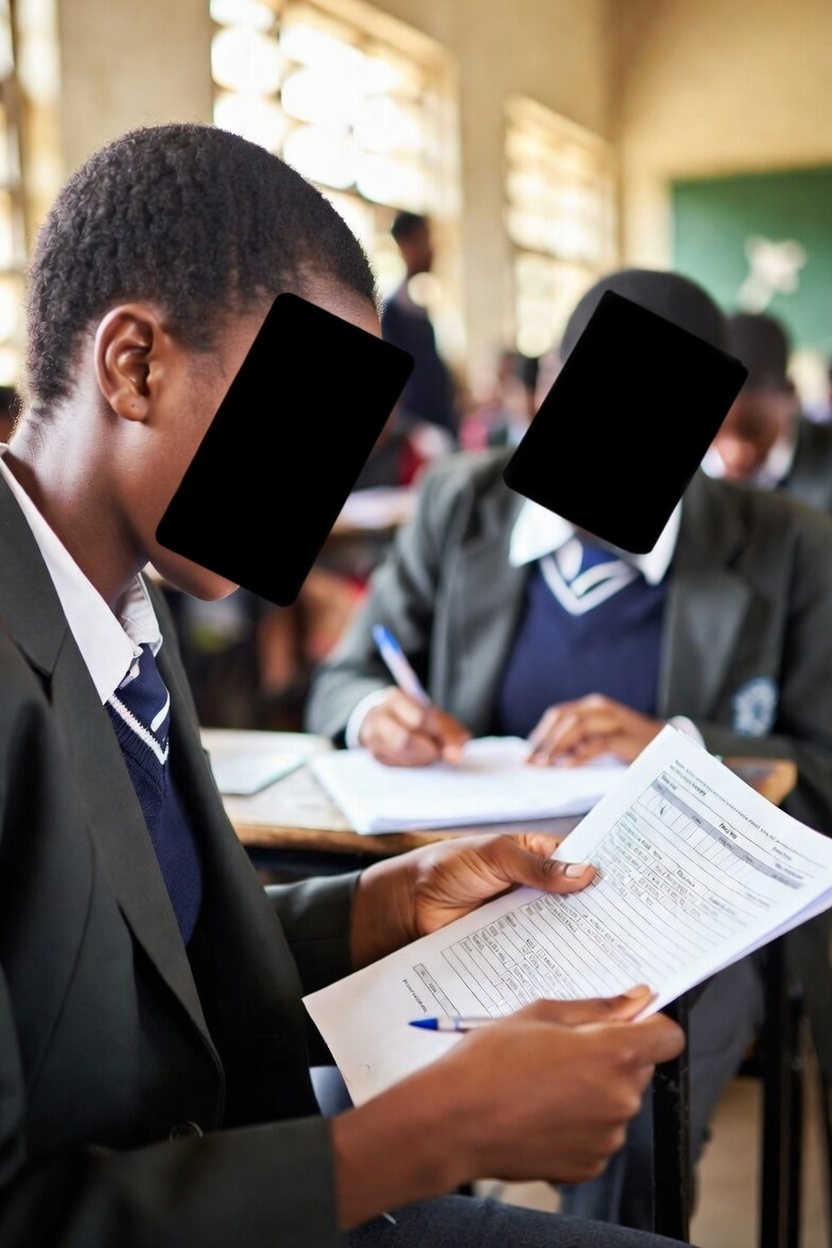 Matric cheating rocks Mpumalanga once again
Matric cheating rocks Mpumalanga once again
-
 Mvianga dismisses Royal Bafokeng’s response to his court application
Mvianga dismisses Royal Bafokeng’s response to his court application
-
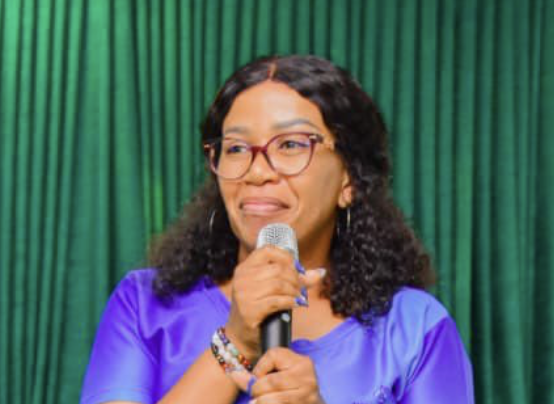 ANC denies ever raising funds from City of Matlosana
ANC denies ever raising funds from City of Matlosana
-
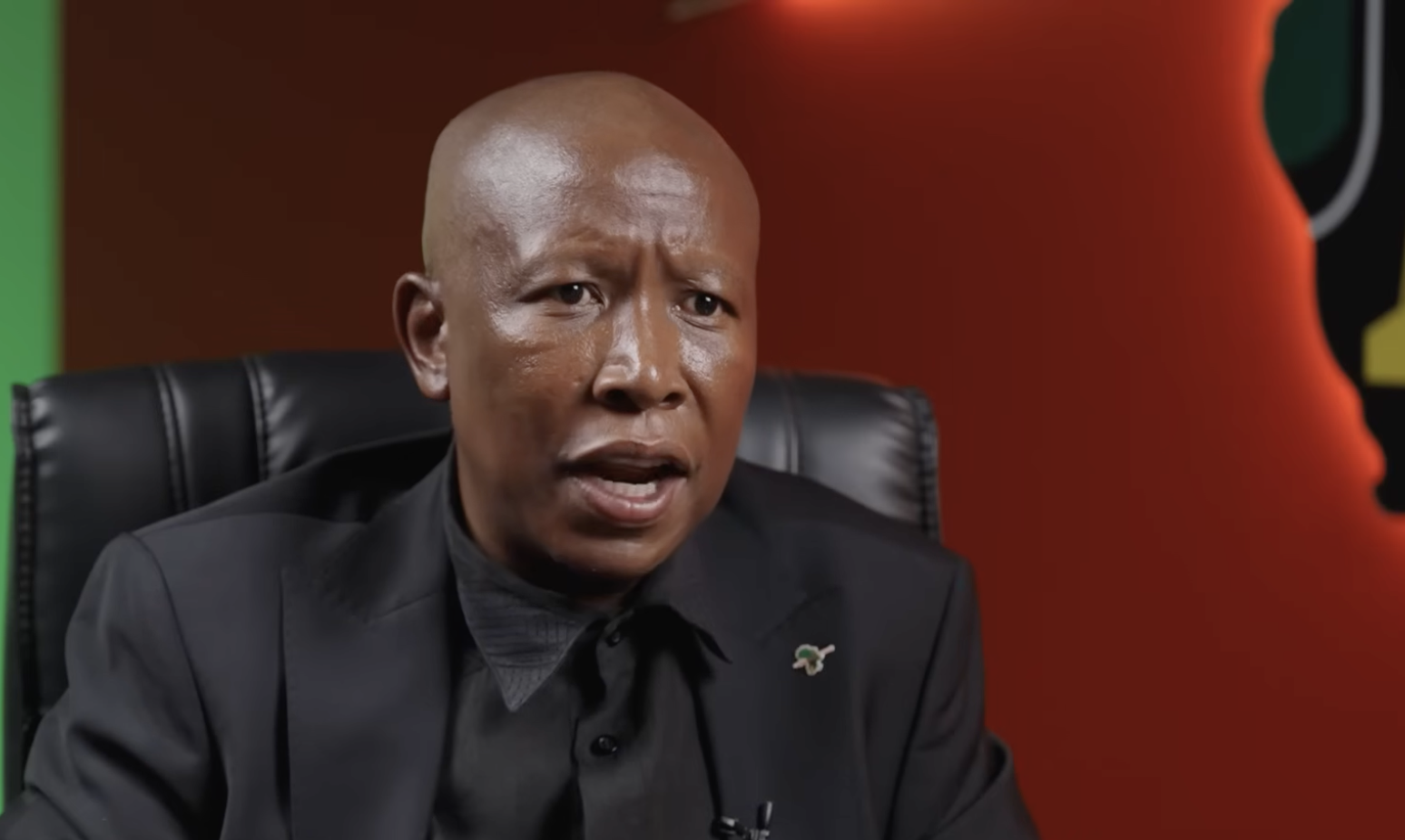 ‘SA must boycott the World Cup’ – Malema
‘SA must boycott the World Cup’ – Malema
-
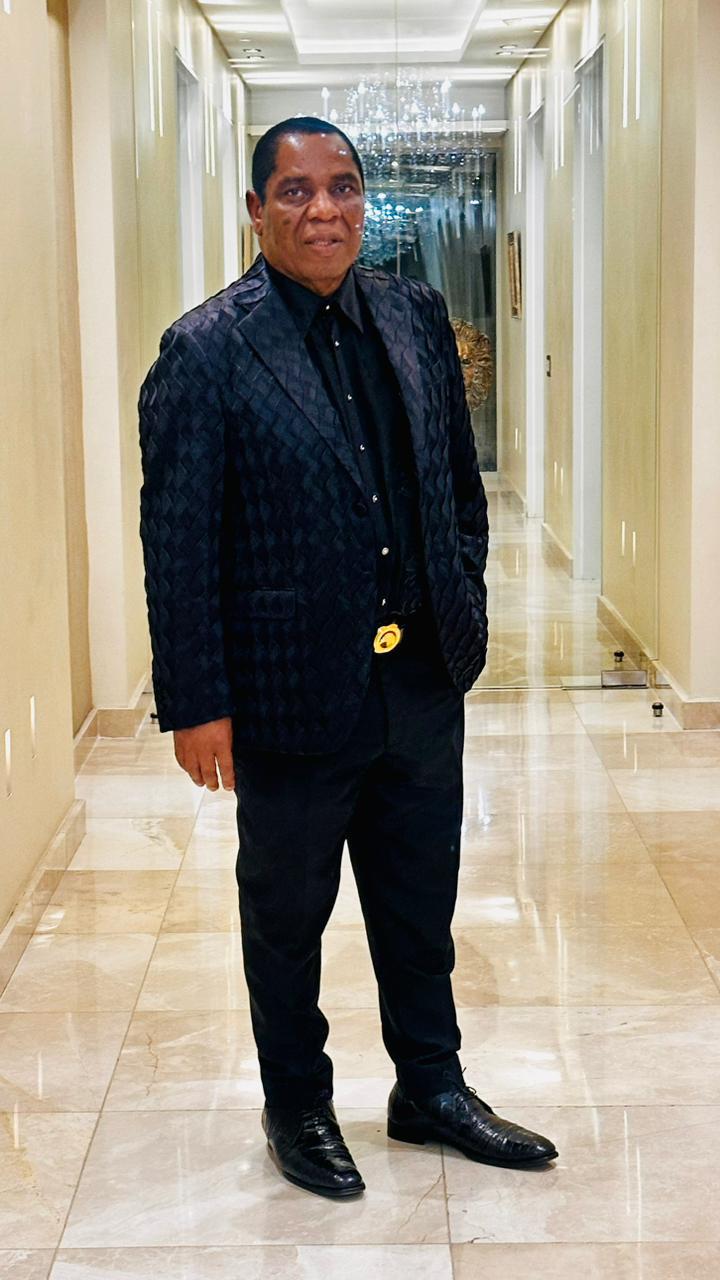 Transnet loses third court battle and ordered to pay R60m to Gijima
Transnet loses third court battle and ordered to pay R60m to Gijima
-
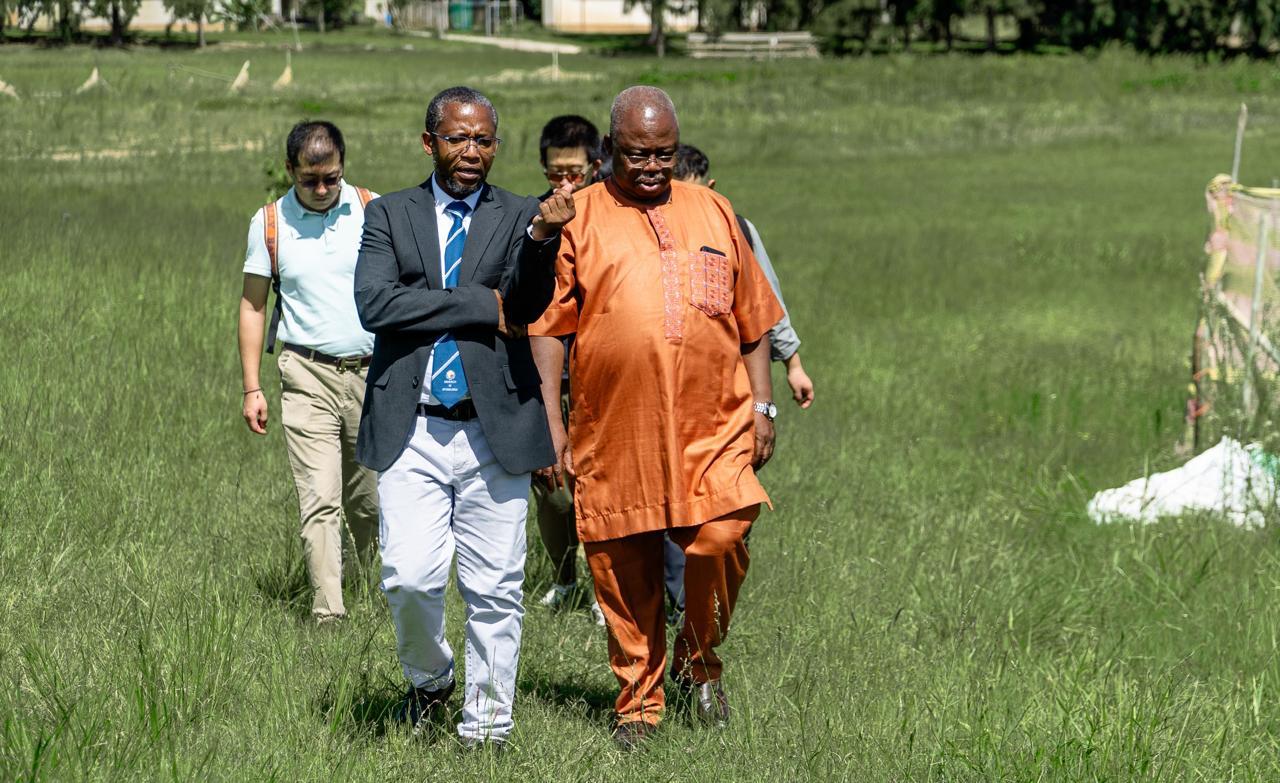 UMP’s ambition to position SA as a leading rice exporter
UMP’s ambition to position SA as a leading rice exporter
UCT research gives thumbs up to home language education
Sizwe sama Yende
Children must be taught in their mother tongue with English being added in Grade 4 as a language of instruction.
University of Cape Town’s professor of language education, Professor Carolyn McKinney, highlighted this during her recent lecture titled - How are we failing our children?
McKinney said that learners should be taught in their home language so they could grasp the subject matter more efficiently compared to the current situation where English, which is foreign to them, was used as a language of instruction.
African language instruction ends at grade three, according to the system currently being used.
“English speakers are the most monolingual, who have turned their deficit to be something superior,” McKinney said.
McKinney said that forcing children to be English monolingual was tantamount to colonising them.
“What is very striking and disturbing that I’ve noticed over time is that people react very differently in an experiment where grade six white boys in an elite school are taught science in isiXhosa as a third language. It is when people actually see those white boys struggling that the penny drops as to what is going on, and the really heart-breaking reality of that is that, actually, it’s because people expect black children to struggle and they don’t expect the white children to struggle. When they see those white children struggling that’s when they realise what’s really going on for most of our children at schools,” she said.
RACIALISED INEQUALITY
McKinney said that the topic of how language failed learners at our schools was a difficult one. “It is an uncomfortable topic because it forces us to face racialised inequality. But it is also a story of inequality that we can change going forward. It is not a hopeless story but a hopeful story which takes the responsibility of all of us.”
McKinney’s research, which contributed to international research sociolinguistics, shows how colonial and racialised beliefs about language and literacy, or language ideologies, fuel the deficit positioning of multilingual and African language-speaking children.
Her talk covered three different research projects conducted over a period of 20 years in very different spaces, from under-resourced to elite, well-resourced schools, and in informal learning spaces outside the formal schooling domain.
BILINGUAL LOAD
The current language policy in schools was introduced in 1997.
McKinney said that late advocate of multilingualism in post-apartheid South Africa, Professor Neville Alexander, was instrumental in igniting her interest in her current field of research, which promotes multilingualism and enables anyone of the 11, and now 12, official languages to be the language of learning and teaching.
McKinney’s research also advocates for a multiple, bilingual load such as in English and Afrikaans schools where both languages were used together in the same class and learners could write assessments in either language.
She said that, according to the current education system, schools taught children in their mother tongue from grade one to three and thereafter switch to English from grade four.
“Every single thing that a child engages with from the beginning of grade four is in English, and that is after learning two to three hours of English additional language in grade one, two, and three,” McKinney said.
DEFICIENT BILINGUALS
Professor McKinney said there has been a fantastic pilot with bilingual education in isiXhosa, Sesotho and English in the Eastern Cape.
Here, teachers move between English and the children’s home language. But, when it comes to written activities and assessments, they are done in English.
“What happens is that this emergent bilingual learners are positioned as deficient bilinguals because their isiXhosa, isiZulu, or Setswana is no longer a resource they are allowed to use in any of their subject areas except when they do that language as a subject. They are now seen as deficient monolinguals, not good enough in one language, whatever other resources they have don’t count,” McKinney said.
